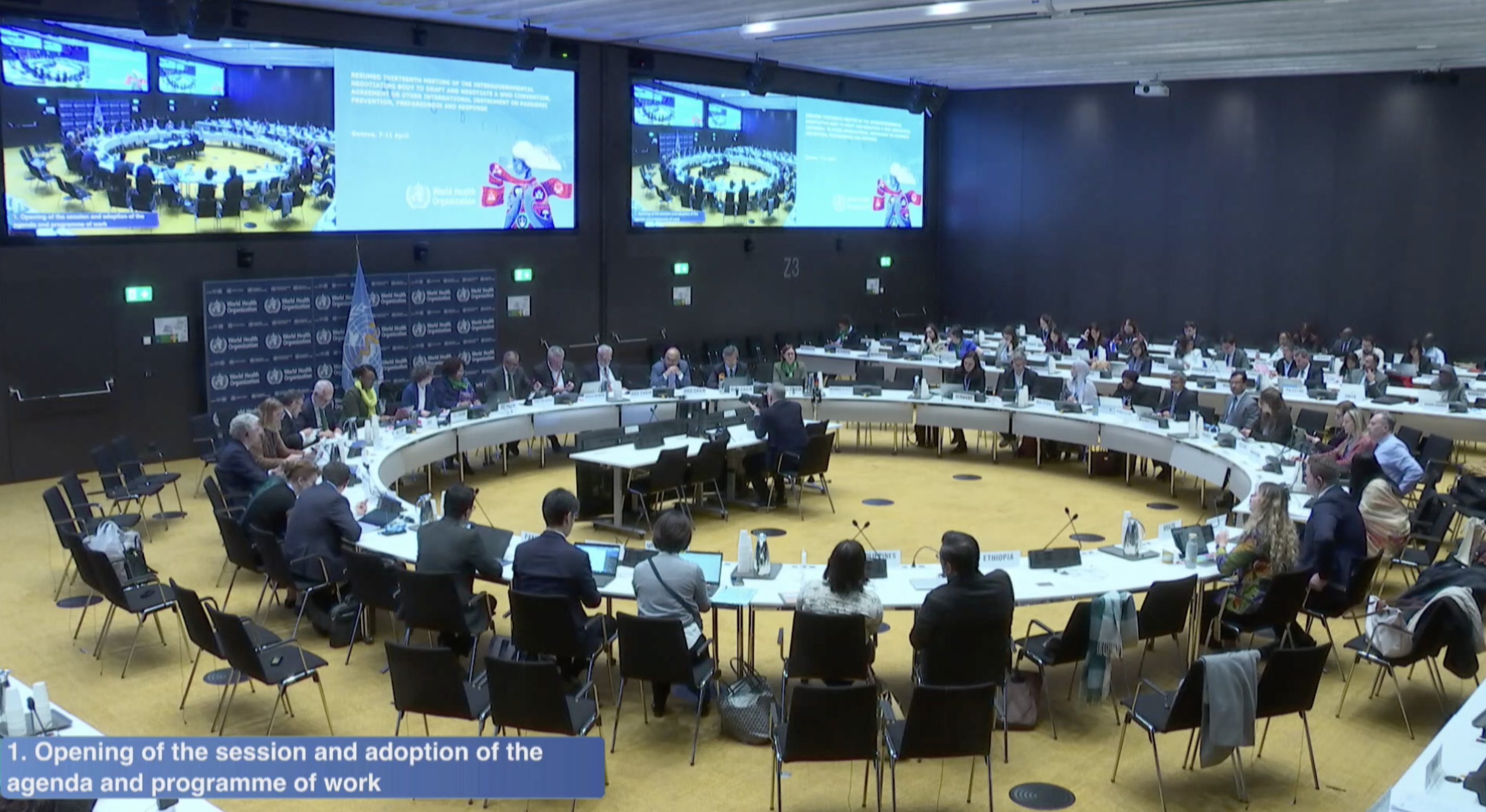Global Health Showdown: Inside the Radical New Pandemic Playbook

As the clock ticks down, World Health Organization (WHO) member states are diving into their final week of critical negotiations for the groundbreaking Pandemic Agreement. The talks have taken on a heightened sense of urgency, with global health leaders working tirelessly to forge a comprehensive framework that could reshape international pandemic preparedness and response.
Delegates from around the world are now in an intense sprint to finalize details, recognizing the pivotal moment at hand. The proposed agreement aims to strengthen global cooperation, improve early warning systems, and create more equitable access to medical resources during future health crises.
With tensions high and stakes even higher, these concluding negotiations represent a crucial opportunity to establish a robust, collaborative approach to managing potential global health emergencies. The world watches closely as nations work to transform lessons learned from recent pandemic experiences into a concrete, actionable international strategy.
